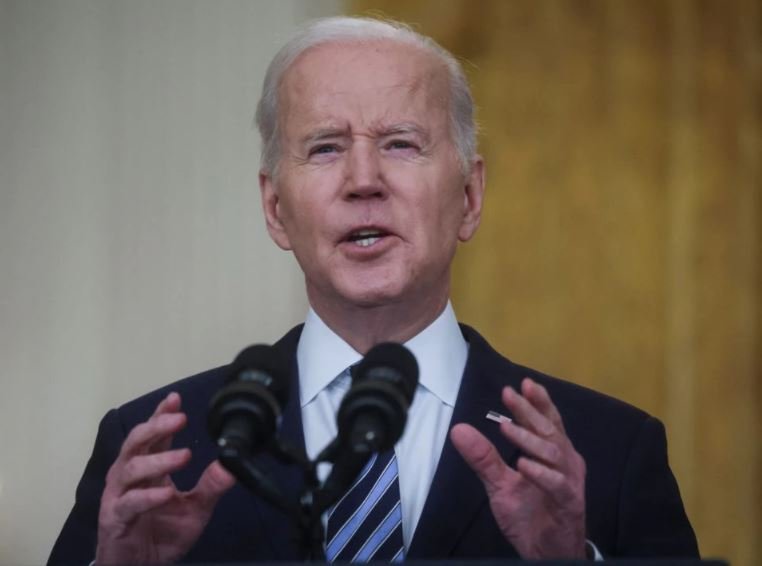The World Health Organisation (WHO) says the adverse impact of the COVID-19 pandemic on Tuberculosis (TB) services has brought the urgency of vaccine development efforts into sharp focus.
Dr. Tedros Ghebreyesus, the Director-General of WHO, announced the plans to establish a new TB Vaccine Accelerator Council at a high-level panel on TB at the World Economic Forum.
Ghebreyesus said the council would facilitate the licensing and use of effective novel TB vaccines catalyzing high-level alignment between funders, global agencies, governments, and end users in identifying and overcoming barriers to TB vaccine development.
“One of the most important lessons from the response to the COVID-19 pandemic is that innovative health interventions can be delivered fast if they are prioritized politically and financed adequately.
“The challenges presented by TB and COVID-19 are different, but the ingredients that accelerate science, research, and innovation are the same.
“Urgent, up-front public investment; support from philanthropy; and engagement of the private sector and communities.
“We believe the TB field will benefit from similar high-level coordination,’’ he said.
According to him, despite countries making bold commitments to end TB by 2030, in the Sustainable Development Goals, the WHO End TB Strategy, and the 2018 political declaration on the fight against TB.
The WHO boss said the epidemic showed no sign of slowing down. In 2021, approximately 10.6 million people fell sick with TB, and 1.6 million died.
He said that drug resistance continued to be a major problem with close to half a million people developing drug-resistant TB every year and Bacille Calmette-Guérin (BCG) is currently the only licensed TB vaccine.
“While it provides moderate efficacy in preventing severe forms of TB in infants and young children, it does not adequately protect adolescents and adults, who account for close to 90% of TB transmissions globally,’’ Ghebreyesus said.
He said that a recent WHO-commissioned study, an investment case for new tuberculosis (TB) vaccines, estimates that, over 25 years.
According to him, it is a vaccine that is 50 percent effective in preventing disease among adolescents and adults and could avert up to 76 million new TB cases.
Also, 8.5 million deaths, 42 million courses of antibiotic treatment, and 6.5 billion dollars in costs are faced by TB-affected households, especially for the poorest and most vulnerable.
“A vaccine that is 75 percent effective could avert up to 110 million new TB cases and 12.3 million deaths,’’ he said.
Ghebreyesus said that the study further suggests that every 1 dollar invested in a 50 percent effective vaccine could generate an economic return of US$ 7 in terms of averted health costs and increased productivity.
He said later in 2023, Heads of State and Governments would meet for a second United Nations High-Level Meeting on TB to review progress against commitments made in the 2018 political declaration.
According to him, this presents an important opportunity to correct setbacks in the TB response, which includes the urgent development and delivery of new TB vaccines.











